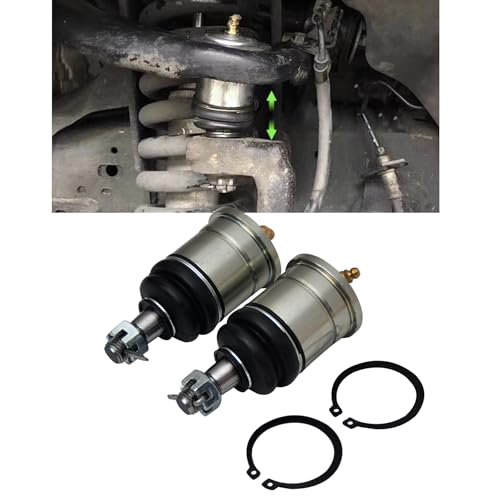I'm under no illusions about using fuel with a really low cetane level but it's really the (unmeasured in Australia at least) energy density (calorific value) that we should pay attention to in terms of better-fuel-for-power. Higher cetane fuels should reduce diesel knock ( = quieter engine) because the sound of each combustion stroke isn't delayed as much as with fuel that ignites slower (lower cetane number). Higher cetane fuel should also achieve complete combustion quicker - hence my comment about higher-revving experiencing more benefits. I guess the additional corollary is that higher cetane fuels should result in fewer visible emissions.
That United "cheapo mystery blend" is probably partly biodiesel. There are regs in Australia about manufacturing biodiesel and Mobil seems to sell a lot of it, sometimes mixed by the tanker driver - I've heard of more than one driver taking on 2,000L of chiko roll and adding 8,000L of dinosaur juice. I'm fairly sure that's the cocktail I picked up at Kings Creek Station in Central Australia - and it was the best stuff I've ever used. Up there, I believe the source for biodiesel is tallow and not the local fish'n'chip shop, but given the regs even fisho juice (commercially manufactured) is not going to cause any harm.
There's a good reason for why bio appears to improve performance. Biodiesel manufacturers have a point to prove - that their product is better. I've not seen any specific tests or measurements comparing the two, but what you'd need to do is measure the calorific value of bio vs dino to get an accurate idea of which fuel is better.




